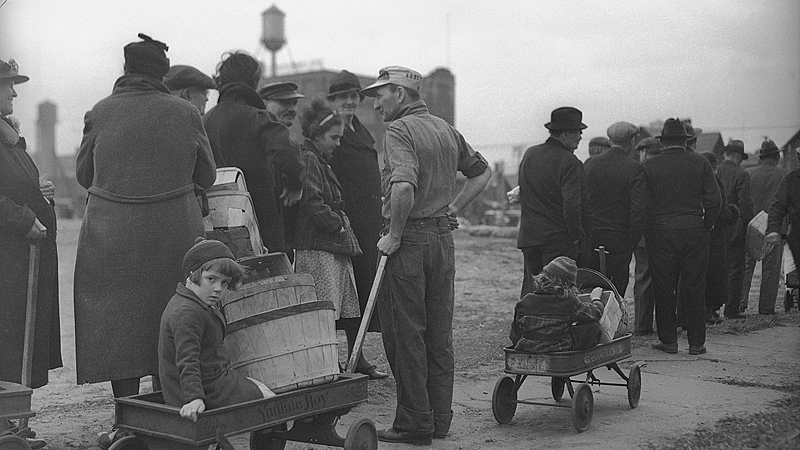Hey there! Let’s dive into how tariffs – those extra taxes on imports – can backfire big time. Recent U.S. tariffs, with a baseline 10% on all imports, have sparked global debate. The Penn Wharton Budget Model warns that such measures could cut U.S. GDP by about 8% and wages by 7%, costing a middle-income household around $58,000 over a lifetime 😮.
History has some strong lessons for us. First up is the Smoot-Hawley Tariff of 1930. Meant to shield domestic industries, it instead triggered retaliatory tariffs worldwide. This trade war led to collapsing trade volumes and hurt consumers everywhere, showing that when countries turn protectionist, it’s the everyday folks who lose out.
Next, the McKinley Tariff of 1890 saw import duties soar to nearly 50%. While some domestic manufacturers saw higher profits, everyday consumers faced rising prices. The resulting political backlash reminded everyone that extreme protectionism can deepen economic divides and spark widespread discontent.
Then there’s the Nixon Shock of 1971. Although not a tariff, President Nixon’s decision to end the U.S. dollar's convertibility into gold was a bold, protectionist move. It helped some exporters by depreciating the dollar, but it also stoked inflation. In today’s global market—where even your smartphone has parts sourced from around the world—there are concerns that similar measures could lead to reduced trade or even decoupling from key markets like the the Chinese mainland, further straining fragile supply chains 📱💸.
These historical cautionary tales show that when policy makers lean too heavily on protectionism, the fallout can affect everyone—from farmers and manufacturers to tech lovers like you. The takeaway? Smart, balanced trade policies are crucial to keeping prices fair and economies thriving in our fast-paced, interconnected world.
History teaches us: ignoring past lessons may come at a high cost. Let’s keep these insights in mind as we navigate today’s ever-changing global market.
Reference(s):
American Tariff Story: Why they don't work from 3 cautionary tales
cgtn.com



